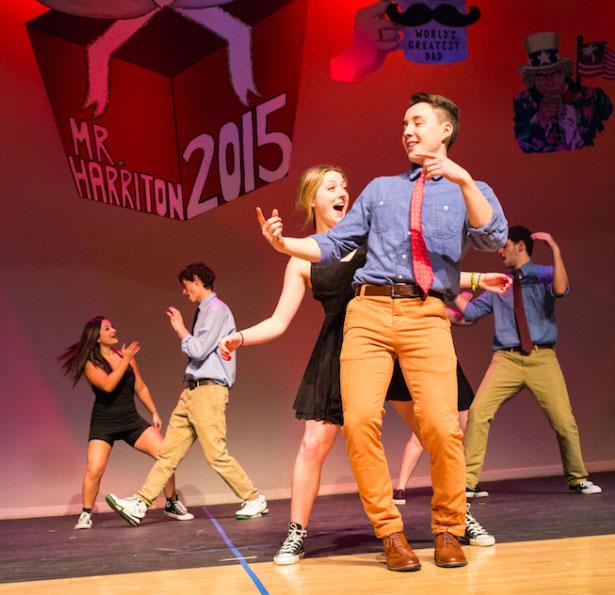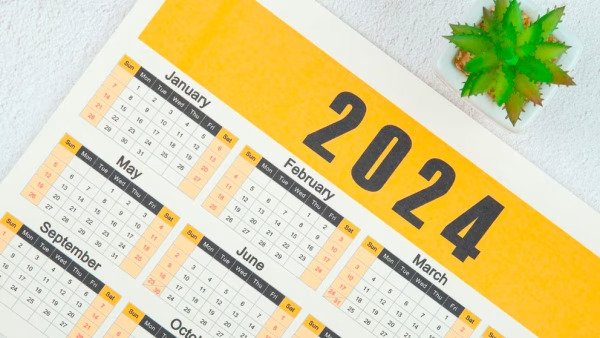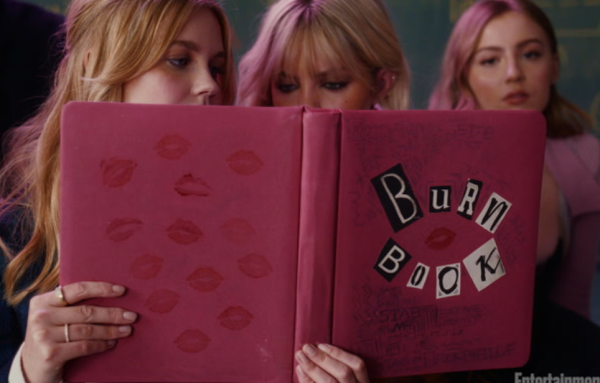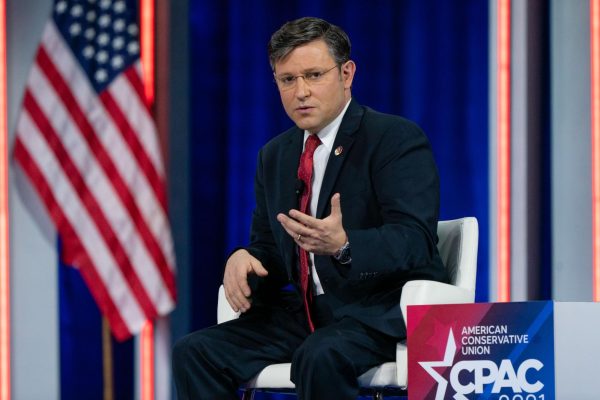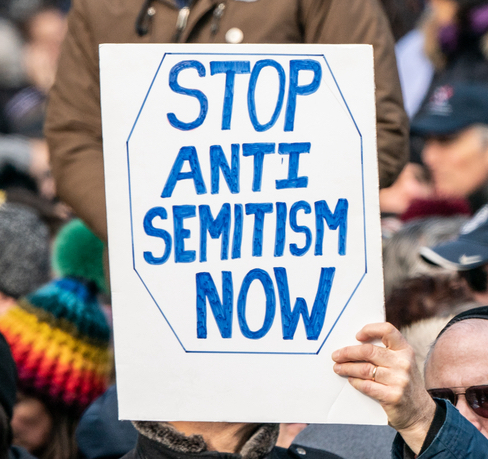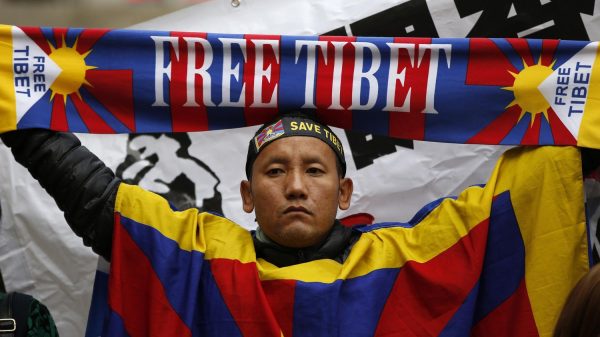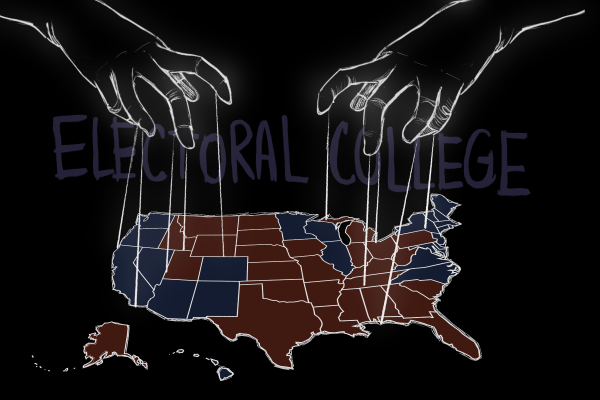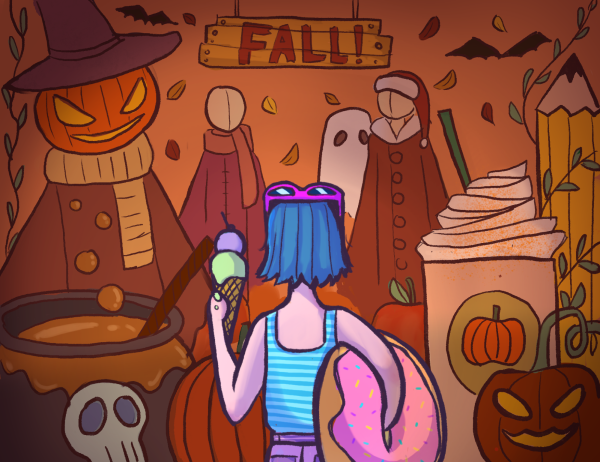Mr. Harriton: Don’t Fix What Isn’t Broken!
Mr. Harriton has been a staple of this school since its inception 8 years ago. Until recently, no one had ever thought to question it. After all, why be an outsider to challenge such a beloved tradition that does so much good for others?
In 2014, people began to question that maybe Mr. Harriton promotes the wrong image: Is Mr. Harriton sexist? But before these questions came about, did any contestant complain about the competition being sexist? Why fix it if no one is really worried about it?
Mr. Harriton was started in 2008 as a fun night to identify talent in the school and raise money for a good cause. The 7th edition of the show raised over $13,500 for charity. Current Student Council (the body that conducts the show) President William Marks said “Without Mr. Harriton, we lose a great way to do good with the community and help them out.”
Junior and senior male contestants are judged on their chosen talent, ability to dance, and ability to confidently give answers during a Q and A portion, and of course, humor. Contestants are also to choose a female to be their (formerly called escort, now) partner to assist them through out the show. But is calling the girls “escorts” demeaning or does how the contestants are judged eliminate certain people from winning?
Originally the “partners” were called escorts. This was changed for the 2015 show because of backlash after an article claiming them as a sexist term due to the synonymy with prostitution. The change was not a welcomed one. Although no one protested it; students did questioned why it was necessary.
Noah Balistra, a contestant that year, said, “I mean, no one was really hurt by it before. I don’t get why they changed it, but it doesn’t make a difference to me or anyone else.”
Abri Bernstein, an escort from the 2014 show said, in regards to being an escort, “I didn’t even realize the allusion to prostitution. I’m sure that was not the intent.”
Bernstein went on to say that she is indifferent about the change now but didn’t really think it was necessary.
Asked about whether or not he thought Mr. Harriton was demeaning towards males, Balistra said, “No, we signed up for it. We all want what the show brings and it was such a great experience that no amount of scrutiny can change that. If I didn’t think I could win, I wouldn’t have entered.”
If the contestants don’t mind the titles or the way the show is judged, why should we? If it’s not demeaning to us, why is it demeaning to them? Don’t fix what isn’t broken. Mr. Harriton is a great show that everyone loves and keeps growing every year. These changes so far haven’t weakened its momentum, but let’s hope future changes don’t do just that.
(Editor’s note: The writer, Jack Hirsh, is auditioning for Mr. Harriton 2016.)


